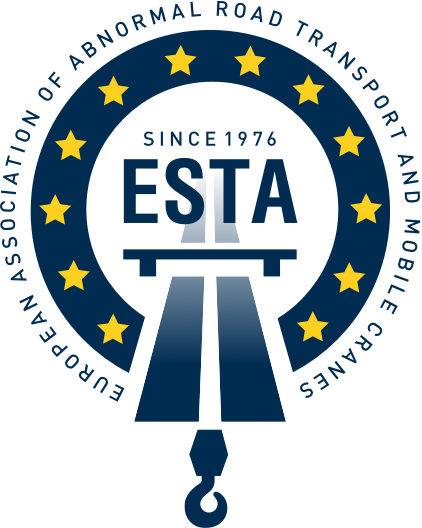ESTA’s growing European Crane Operators Licence (ECOL) has adopted a new in-company apprentice training structure which the organisation’s leaders hope will make it easier for countries with a strong tradition of apprenticeships to become directly involved in the project.

In light of the development, one leading German organisation has already indicated that it intends to agree a Mutual Recognition Agreement with ECOL, and ECOL managers hope that the change will lead to discussions with the CPA about the UK’s involvement as well.
ECOL’s new system for executing practical training in an in-company or apprenticeship setting involves a number of specific requirements.
These include:
- Declaration of details of the in-company training scheme upon registration of the applicant
- Training duration of at least 280 hours.
- Applicant keeping a record of his/her working hours and actions in the ECOL SkillRecord logbook.
ECOL also requires that the last 40 hours of this practical training should be carried out at an ECOL training institute. The exact content of those final sessions is agreed following an analysis of the apprentice’s logbook to ensure all elements are completed satisfactorily.
In addition, the training institute will conduct at least two unannounced survey visits to the training company and the apprentice during the first 240 hours of practical training.
Ton Klijn, ESTA Director and a member of the ECOL Supervisory Board, said: “We recognised that several European countries have high-quality and long-established apprenticeship systems that provide an important route into the industry for many young people, and as a result we have adapted ECOL’s requirements.”
He added: “In all these detailed discussions, we have to remember the great long-term safety and business benefits that we believe ECOL will deliver throughout Europe.
“Any crane rental company hiring an operator from overseas will know that an operator holding an up-to-date and verifiable ECOL qualification has been properly trained to the required standard without the need for any further training or examination.”
